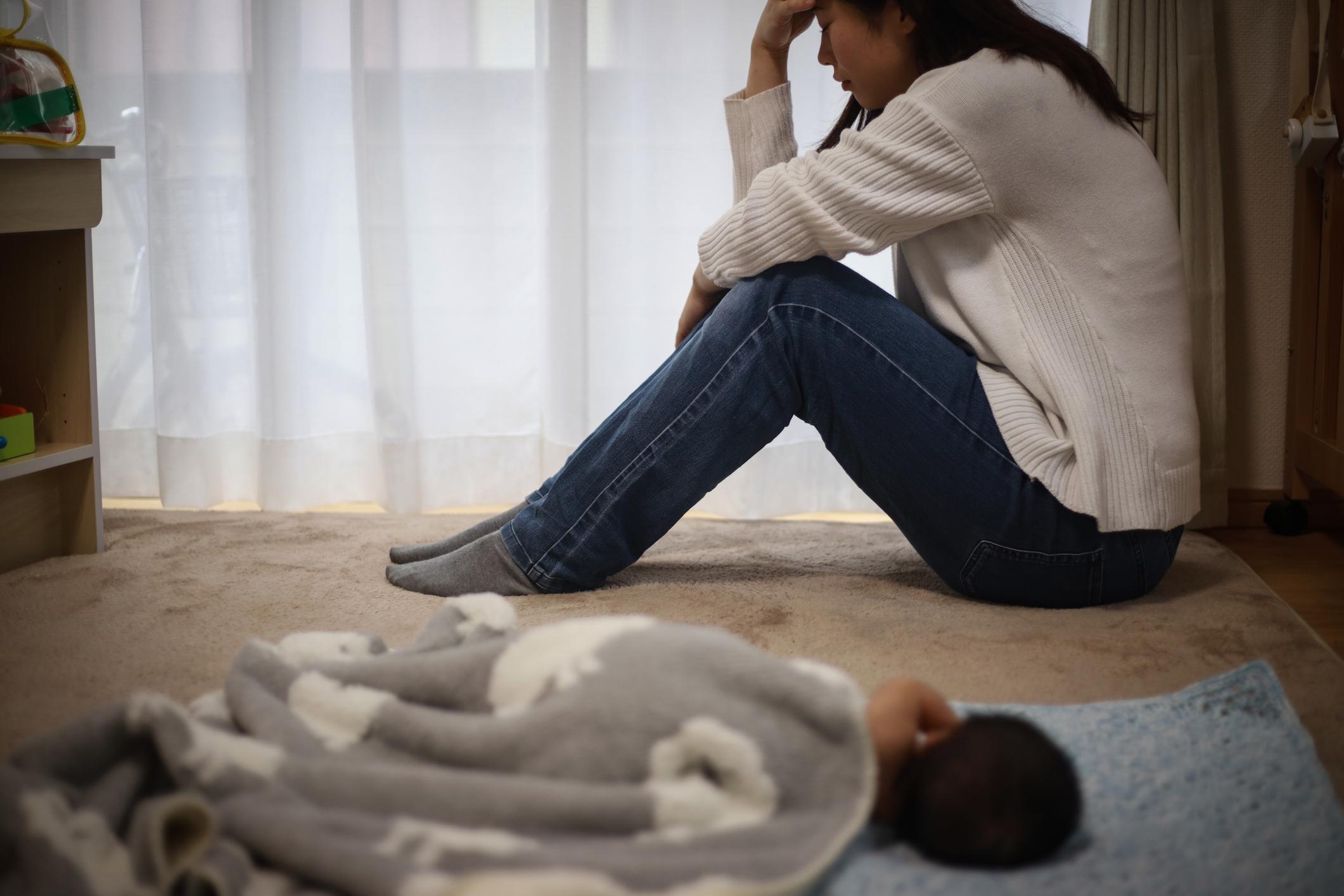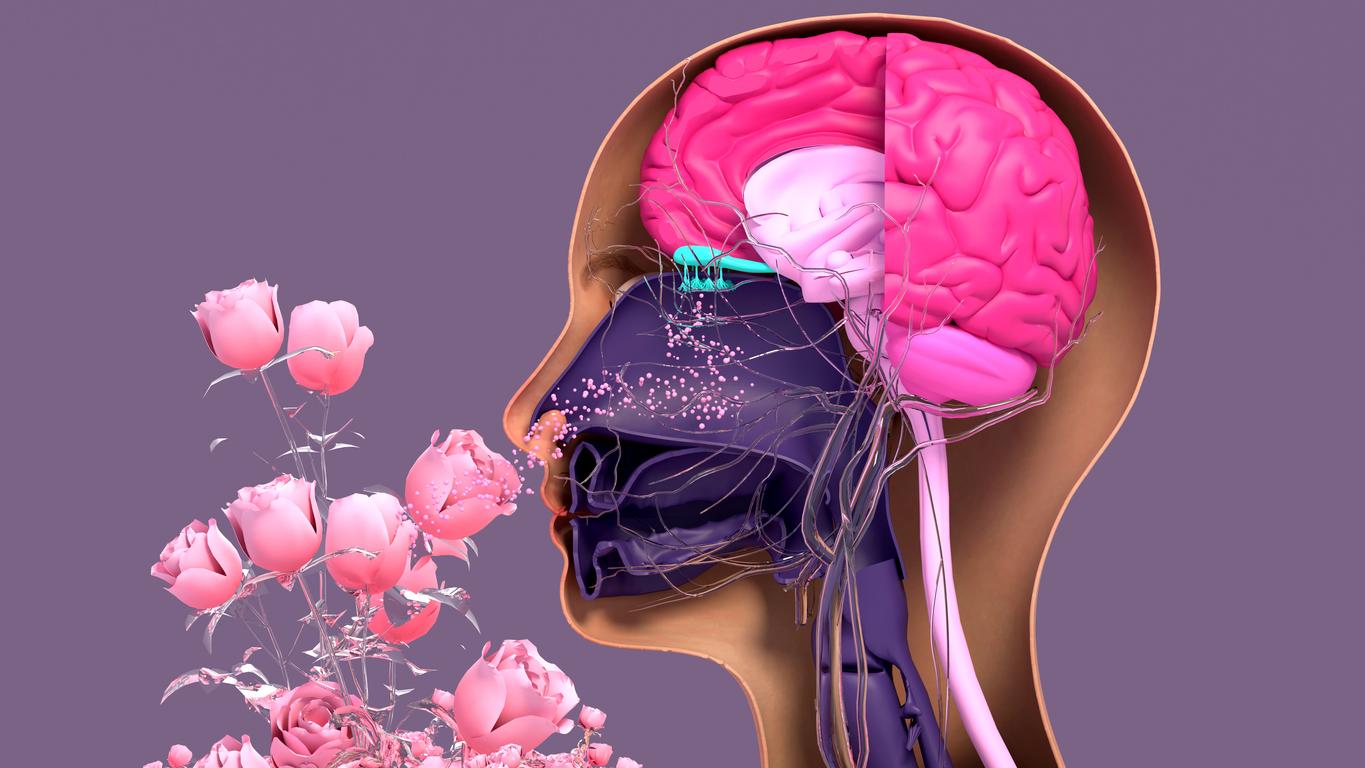On the occasion of the congress of the International Federation of Gynecology and Obstetrics (FIGO), Bangladeshi researchers recalled how to spot this disorder which affects many mothers after the birth of their baby.

- One in five women experience changes to their mental health during pregnancy and in the year after giving birth.
- If screened on time, most cases of postpartum depression can be prevented.
- Symptoms that should be taken seriously include intent to harm the baby, inability to care for the baby, hallucinations, paranoia, suicidal behavior and negative thoughts about the baby. child.
Pride, joy, enthusiasm… “Pregnancy is a time of happiness and satisfaction in women’s lives, with the arrival of a new child in the family. However, it can also be a stressful and anxiety-inducing event. There is evidence that psychiatric morbidity, especially depression and anxiety, increases in most women during this period,” said Professor Ferdousi Begum, a member of the Obstetrical and Gynaecological Society of Bangladesh (OGSB).
She tried to ‘smother her newborn with a pillow’
During the congress of the International Federation of Gynecology and Obstetrics (FIGO), which takes place from October 9 to 12 in Paris, the expert reported that one in five women experience changes in their mental health during pregnancy and in the year following childbirth. This is for example the case of “Madame Selina”, suffering from postpartum depression, which was reported in a study. This woman, aged 35, “delivered her third child vaginally a month ago. She was not happy about becoming a mother to a third daughter. She cried frequently, did not breastfeed her child properly, and was unable to complete chores usual housewives. She seemed moody, was unable to enjoy herself, and had difficulty falling asleep. One day, her mother-in-law saw Selina trying to smother her newborn baby with a pillow. She immediately saved the baby and screamed. When asked why she tried to harm her child, Selina replied that she was doing it for the child’s sake. detailed Ferdousi Begum.
Postpartum depression: early detection can prevent most cases
According to the professor, most cases of postpartum depression can be avoided if screening is carried out on time. To identify postpartum women with depression, it is important to recognize common symptoms of poor maternal health after childbirth, according to Farhana Dewan, professor and OGSB member. Among the signs, we find:
- discomfort;
- an increase or decrease in appetite;
- negative thoughts;
- a loss of interest in everything;
- attention disorders;
- a generalized pain and burning sensation;
- tiredness ;
- inability to make decisions;
- a forgetting of fullness;
- sleep disorders;
- a feeling of worthlessness, guilt or hopelessness;
- suicidal thoughts or behaviors (e.g. attempts at self-harm).
Which symptoms should be taken seriously?
Farhana Dewan explained that some symptoms can be more serious after the baby is born and should be taken seriously. These manifestations are:
- negative thoughts about the baby;
- inability to care for one’s own child;
- an intention to harm the infant;
- hallucinations (especially auditory);
- suicidal behavior;
- paranoia;
- physical violence against the family.
















